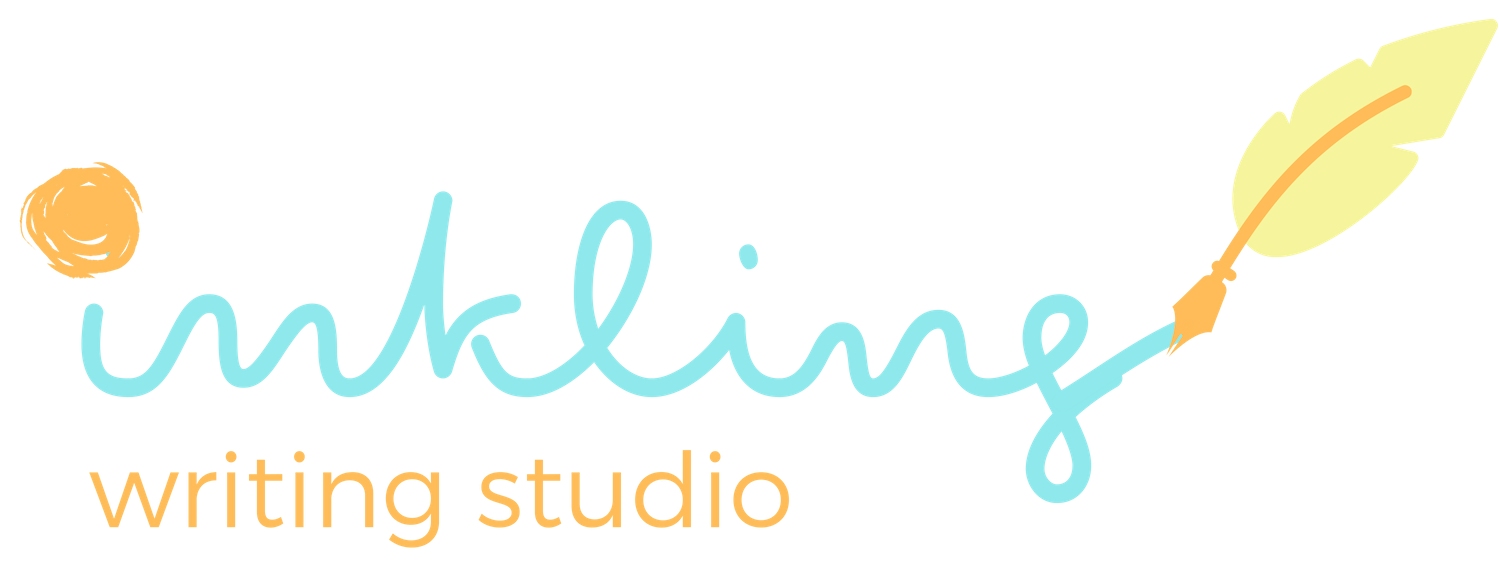How can we prevent more Aussie kids falling behind in writing?
If you have been reading the Sydney Morning Herald this week (and, in truth, any other week during the last few years), you will have seen a flurry of stories and editorials about the falling standards in the writing skills of Australian students and the challenges faced by teachers when teaching writing. Such headlines make for gloomy reading. A new report shows that Year 9 students are five months behind compared to writing levels almost a decade ago. Equally troubling: more than half of NSW teachers say they were poorly trained to teach writing, and a quarter devote less than an hour a fortnight to do it. Yikes.
Writing is a complex skill and takes time to learn. As an adult, it is easy to forget what we are asking children and young adults to do when we ask them to write a story. They need to think of ideas for characters, setting and events, and put these ideas in logical order. They need to construct meaningful, grammatically correct sentences that engage the reader. They need to access their growing vocabulary, spell the words correctly, and make this all legible through their handwriting. On top of this all, they need to keep their chin up, remain confident in their written voice and develop an individual style.
Learning to write is a courageous act. To stay engaged and motivated, young writers need a combination of creative inspiration, genuine support and the explicit teaching of written skills.
At Inkling Writing Studio, I am in the fortunate position of being able to focus solely on teaching writing. The more workshops I run, the more I appreciate the complexity of this role and the individual learning styles of students. I empathise with classroom teachers who must teach writing among a range of other ideas and skills, while at the same time avoid drowning in an increasing administrative load.
Inkling’s classes are small and include a mix of creative, inspirational activities. For instance, we write poetry and free writing in response to “magical” objects, photos or story prompts. Door poems, like the one below, are a great example. A student is given the opening line of a poem – ”go and open the door” – and asked to imagine what could come next. Just like that, a hinge swings open to a vast field of imaginative possibility.
Go and open the door.
Maybe outside
there's a feathery griffin
flying around
and a warm phoenix
perching on a tree.
– Extract from a poem written by Joseph, Year 2
The creative element of Inkling classes is complemented by the explicit teaching of writing skills. Every week, I read students’ writing books and give individual notes on individual teaching points regarding structure, grammar and spelling. As a class, we play a range of vocabulary building games. This term I introduced punctuation quizzes to younger students, which – to my surprise – were a huge hit! The children seemed to enjoy the mastery of these specific skills, and could take them with them to other writing activities.
Young boys learning to become master writers together at Inkling’s face-to-face Term 3 school classes.
The other aspect of writing we focus on in our classes is reading. The aim is to help students develop strong reading habits and to share ideas for new books with each other. We read aloud the opening passages of our favourite books and talk about why we like the writing and how the writer has gained our interest.
This is especially important for primary aged boys who need lots of encouragement to keep reading as they get older – and to keep writing. As argued in this excellent article by poet and education consultant Alan J Wright, boys often struggle to find connection with a heavy-handed and overbearing curriculum which demands outcomes before nurturing talent. I am so proud that in Term 3, 15 out of 20 of the students in my face-to-face classes were boys. It is indeed possible to engage boys positively with writing. Just ask me how!
The enforced distancing and dislocation brought about by the pandemic has affected us all. While Inkling has faced its challenges, it has truly been a blessing to continue to run our classes all throughout the year – first online, and recently with the cautious return of face-to-face workshops.
What is more clear to me than ever is how much young writers love learning to write as a group. I can’t express how wonderful it is to watch the sense of community grow among my students over the course of a term. There is an experience in sharing ideas and writing that develops empathy and the capacity to encourage others. As a teacher, it is extremely moving to observe.
Inkling has opened up bookings for school holiday workshops and Term 4 classes. Places are limited, so get in early!


